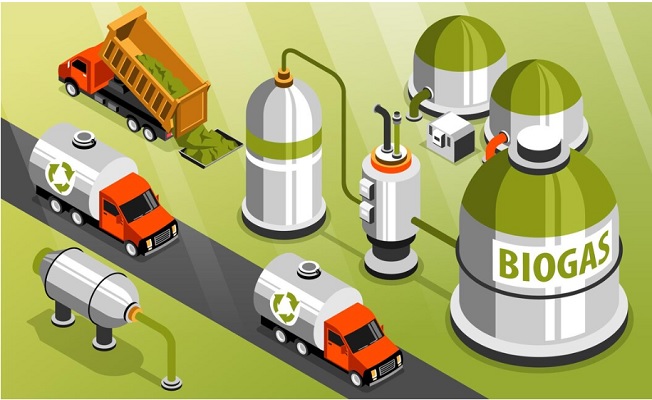Uzbekistan is preparing to launch a pioneering pilot project that will turn organic waste into clean energy, marking a major step in its green transition. Here’s what’s happening, why it’s significant, and what to expect next.
What is the project?
The initiative centers on building a facility that will process organic waste—think food scraps, agricultural byproducts, and other biological materials—into biogas. This biogas will then be refined into methane, a cleaner-burning fuel, using advanced Japanese technology. The process will employ hybrid circulation systems, combining chemical washing and deep purification to ensure high-quality methane output.
Who’s involved?
- Uzbekistan’s Ministry of Ecology, Environmental Protection and Climate Change is leading the project.
- Le One Co., Ltd, a Japanese clean-tech company, is the technology partner.
- The effort is backed by a $4 million grant from Japan’s New Energy and Industrial Technology Development Organization (NEDO), running from 2025 to 2030.
Why now?
Uzbekistan, like many countries, faces mounting challenges from waste management and climate change. Converting waste into energy addresses two issues at once: it reduces the volume of waste going to landfills and cuts greenhouse gas emissions by producing renewable methane. The project also aligns with the country’s broader push toward a low-carbon economy and sustainable development.
What are the benefits?
- Cleaner energy: Methane produced from biogas can be used as a substitute for fossil fuels, helping to lower the country’s carbon footprint.
- Better waste management: The facility will safely process organic waste, reducing environmental pollution.
- Agricultural gains: The process will generate biohumus, a nutrient-rich byproduct that can be used to improve soil health and agricultural yields.
- Technology transfer: Uzbekistan will gain access to state-of-the-art Japanese purification and waste-to-energy systems, potentially setting a model for similar projects in the region.
What’s next?
Both sides have agreed to formalize their cooperation in a memorandum of understanding. This agreement, to be signed between Le One and Uzbekistan’s Agency for Waste Management and Circular Economy Development, will lay out the responsibilities and framework for the pilot’s rollout.
A successful test run has already taken place in the Tashkent region, where synthetic methane was produced using Japanese technology and a propane–air mixture. If the pilot proves effective, Uzbekistan plans to expand the technology nationwide.
Why does it matter?
This project is more than a technical upgrade—it’s a signal that Uzbekistan is serious about sustainable development and regional leadership in clean energy. By turning waste into a resource, the country is moving closer to its climate goals while opening new doors for innovation and international cooperation.
For a country balancing economic growth with environmental responsibility, this pilot could be the start of a cleaner, more resilient future.





